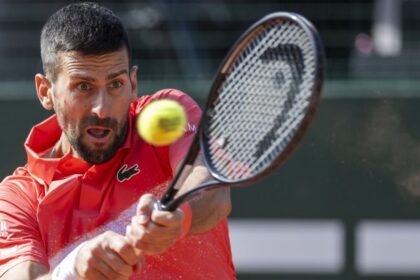Legal and Psychological Support for Tennis Players Investigated for Doping
The International Tennis Integrity Agency (ITIA) has announced a new support program for tennis players involved in investigations for doping or match-fixing. This program offers free legal assistance, confidential advice, and financial resources to analyze potentially contaminated products. The program, which comes into effect immediately, will be reviewed next year. Tennis players can receive up to $5,000 for a World Anti-Doping Agency (WADA) accredited laboratory to analyze medications or supplements for contamination. The same amount will also be offered to help identify potential sources of contaminated meat, a common explanation in doping cases. Sport Resolutions, an independent dispute resolution service that manages tribunals for anti-doping cases in tennis, will expand its free legal support from the moment a player tests positive for a prohibited substance. Previously, this service was only available after charges were filed. Additionally, Sporting Chance, an organization working on the mental health of athletes, will provide six support sessions for the well-being of individuals investigated for corruption or anti-doping violations.We recognize that the process can have both a financial and emotional cost.
Karen Moorhouse, CEO of the ITIA
The ITIA was involved in two high-profile doping cases in tennis that began last year and resulted in short suspensions for players who have been number one and have won multiple Grand Slam titles. Jannik Sinner reached an agreement with WADA to accept a three-month suspension that ended in April, after that group appealed an exoneration by the ITIA based on what it determined was accidental contamination by an anabolic steroid. Iga Swiatek agreed to a one-month suspension that she partially served during the off-season, after testing positive for what she said was a contaminated over-the-counter medication. Some tennis players, such as Novak Djokovic, have criticized the way the cases were handled, saying that there was a feeling of favoritism towards the most important stars of the sport.No player picks up a tennis racket in their childhood with any other motivation than to play the game. People find themselves in these situations for many reasons, and for that reason, no matter what those reasons are and where the case ends up, they also deserve someone to talk to.
Karen Moorhouse, CEO of the ITIA









